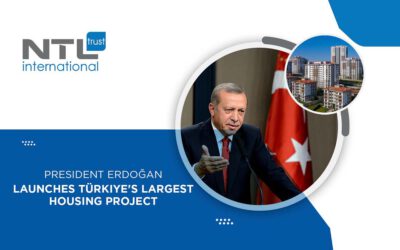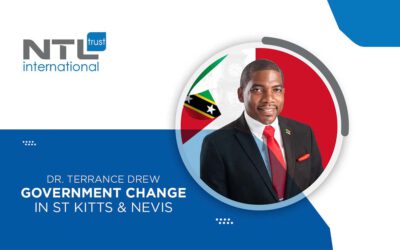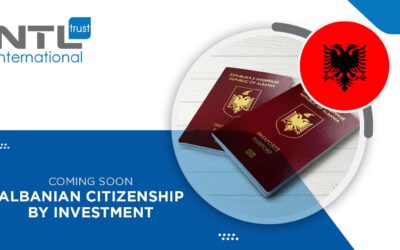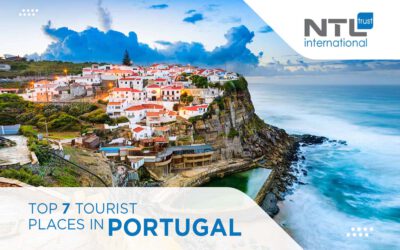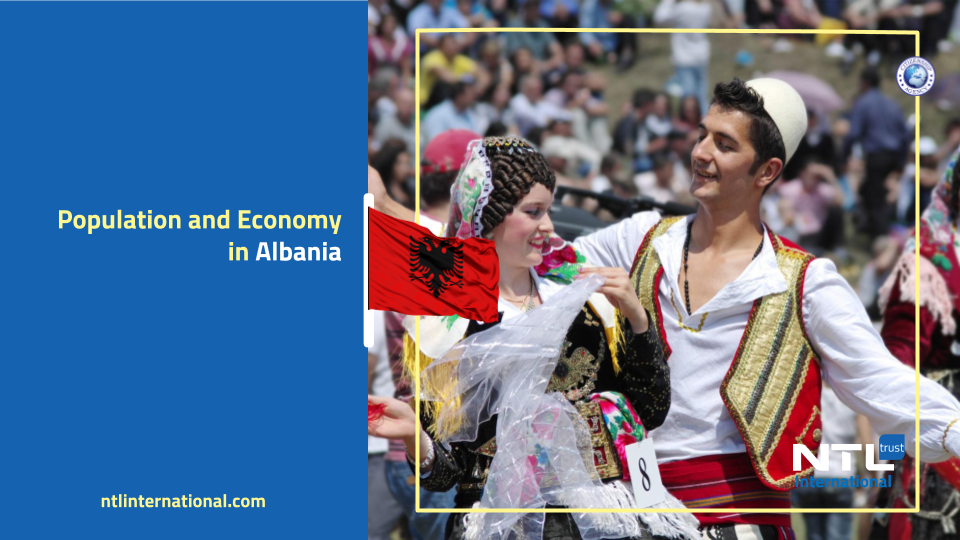
Population and Economy:
Albania is located in Southeastern Europe and is a member of the UN and NATO. Albania is one of the smallest countries in Europe with 28,700 square kilometers (11,000 square miles) of area.
Albania has been transitioning to a more open and flexible economic system by implementing substantial restructuring. Progress in income growth and poverty reduction has been considerable. A competitive trade regime supported by a relatively efficient regulatory framework has encouraged the development of the growing entrepreneurial sector. To sustain this progress, the government plans additional reforms to improve the rule of law, encourage the growth of economic freedom, and ensure continued vibrant economic development.
Hydropower
Albania is almost entirely reliant on hydropower for electricity production. Albania prides itself in eight main river systems. The Drin river ranks as the largest, and it is home to three hydropower stations. These three stations meet 90% of Albania’s domestic electricity generation. It is not uncommon for power shortages to occur in the course of prolonged droughts or dry periods. Experts assert that only 30 to 35% of the nation’s hydropower has been tapped.
INDUSTRY
Albania is an industrialized upper-middle-income nation, and it participates in NATO, OSCE, and WTO. The industrial sector in Albania accounts for 14.9% of the GDP, with agriculture and services contributing 21.6% and 63.5% respectively. The strongest Albanian sectors are metallurgy, energy, tourism, agriculture, and textile.
Mining, metallurgy, food processing, textiles, lumber, and cement were among the leading industries in Albania under the communist regime, when heavy industry was a priority and some factories were capable of exporting. After 1989, the sector declined due to the lack of new technology. In the 1990s, plants and equipment were destroyed and sold for scrap, or fell into disuse.
Albania is blessed with such extractable minerals as coal, chromium, nickel, and copper. Albania ranks as the only European State with significant deposits of chromium.
A revival of chromium, steel, and cement industries came with the increase of foreign investments in 2000. Some new equipment was purchased in the West for a cigarette-making plant in Durrës and for a manufacture of underwear in Korçë. Construction, especially in housing, was the main factor for investment growth.
Green Visa in UAE, longer stay & more facilities
Recently, the UAE has started receiving applications for Green Visas/residence permits.
As part of an ongoing effort to create new opportunities and attract a larger audience of investors and entrepreneurs, the UAE has introduced a new visa that allows its holder to reside in Dubai for 5 years, with the possibility of renewal.
President Erdoğan launches the largest housing project in Türkiye
The Turkish President Mr. Erdoğan, announced in a speech yesterday the work on the largest housing project in Turkey.
Announcing the new Prime Minister of Saint Kitts and Nevis
The new Prime Minister of Saint Kitts and Nevis Dr. Terrance Drew
Albanian citizenship by investment program coming soon
The Albanian government, like its neighbours; intends to draft citizenship by investment program law for its country. Which will open new horizons for the country and foreign investors as well.
The 7 most famous tourist places in Portugal
If Portugal is your next travel destination, there are a few places we recommend you to visit.
7 recommended tourist places to visit in Portugal:
Portugal is one of the countries that have a long history and a particular geographical location, so its historical and tourist attractions have diversified, including:


